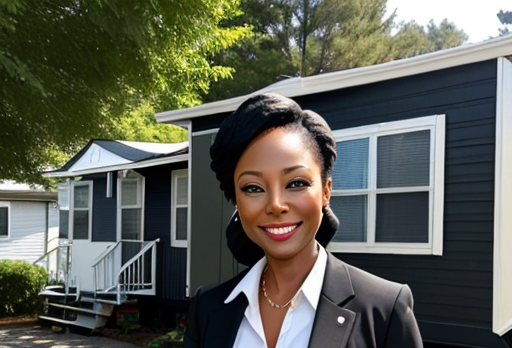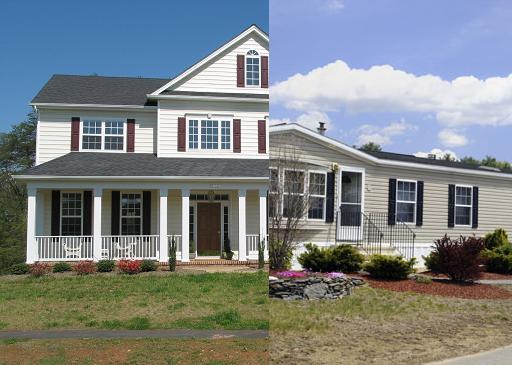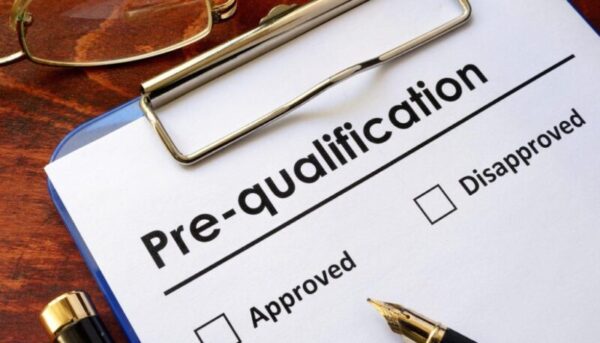Hey, fantastic agents! Let’s dive into an exciting topic: why real estate agents should consider selling manufacture or mobile homes (“mobile homes”). Whether you’re already in the real estate game or thinking about joining, let’s explore the top reasons why mobile homes could be a fantastic opportunity for you.
Wide Open Market
Selling mobile homes opens doors to a whole new world of buyers. From first-time homeowners to retirees looking for a cozy place, mobile homes cater to a diverse range of people. This means you have a chance to connect with various clients and expand your professional reach.
Budget-Friendly Options
Mobile homes often come with a more affordable price tag compared to traditional houses – which is a boon given our current rate environment. This means you can help people find their dream home without the hefty cost. However, because many modern (pre-owned) can also be priced well over $80,000 – $90,000 – you’ll still be able to earn a nice commission on the sale.
Niche Expertise
Becoming a mobile home expert sets you apart in the real estate field. Specializing in mobile homes gives you a unique selling point that can attract clients who are specifically looking for this type of housing. It’s a chance to shine in a specialized area of the market.
Making Dreams Come True
Helping people find their ideal home is one of the most rewarding aspects of being a real estate agent. Selling mobile homes allows you to make home ownership dreams attainable for individuals and families,
Diverse Connections
Selling mobile homes opens doors to connections with various professionals. From mobile home manufacturers to park managers, you’ll have the chance to collaborate with a range of experts who contribute to the mobile home community.
Ready to Dive In?
So, why should real estate agents sell mobile homes? It’s about embracing a new market, helping budget-conscious buyers, carving a niche for yourself, and most importantly, making homeownership dreams a reality.
Whether you’re an experienced agent or just starting out, adding mobile homes to your portfolio could be a smart move and with Midwest Mobile Home Loans as your lender partner – you’re sure to win!








